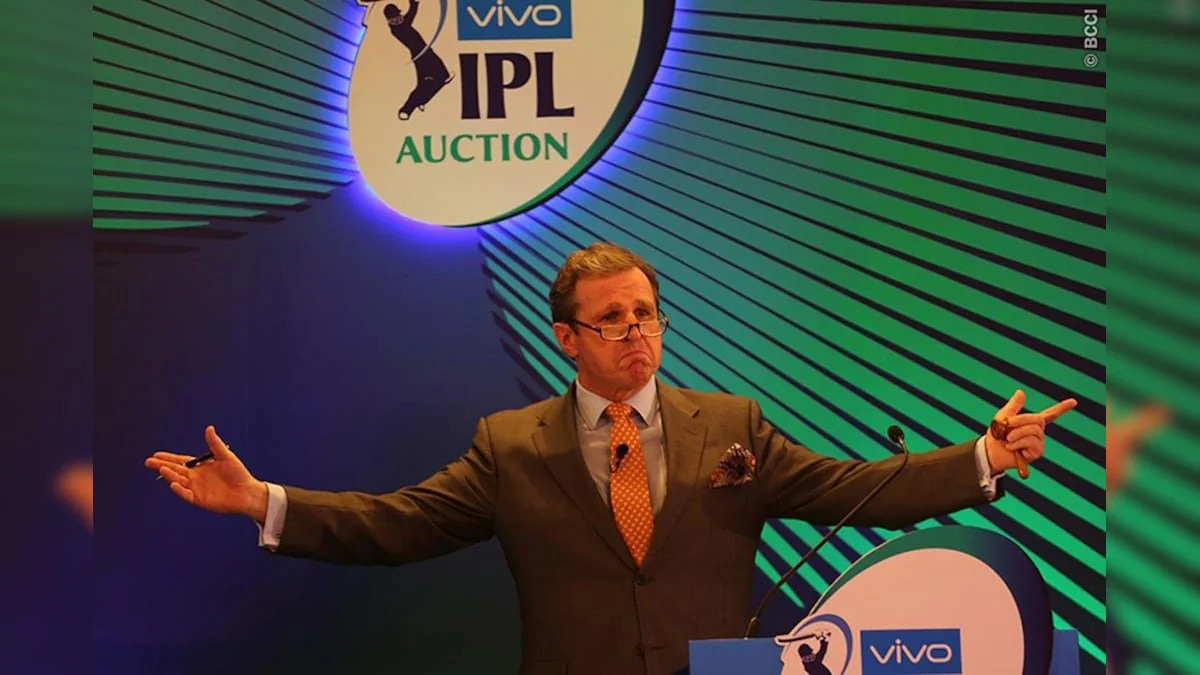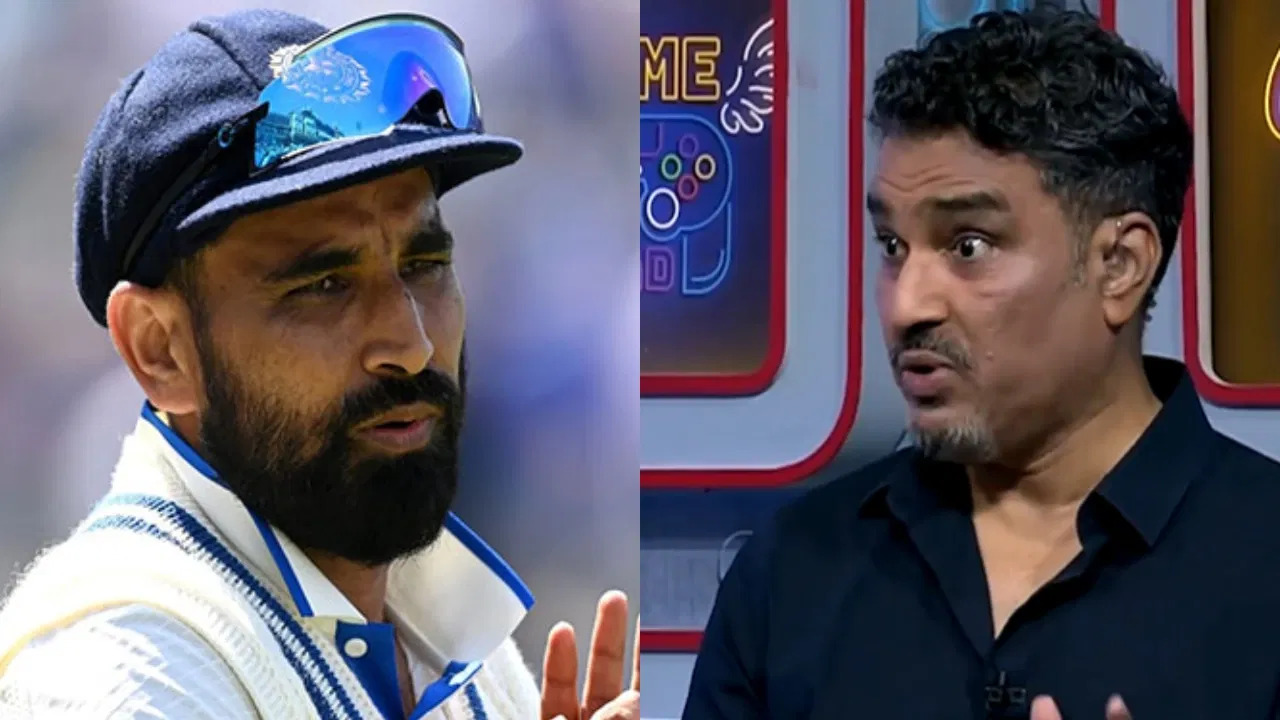Team India recently commemorated the 40th anniversary of their first ODI World Cup. As the heroes of the 1983 World Cup gathered to commemorate the momentous occasion, there were whispers that the team had entered the tournament as the underdog; however, Kapil Dev and his men pulled off the impossible, defeating some of the world’s best teams and clinching the coveted title.
India, captained by Kapil Dev, faced the mighty West Indies in the championship match, and although everyone thought it would be the end of the road for the underdogs, the team pulled off the unbelievable. India won the World Cup by a margin of 43 runs over the West Indies. Former Indian all-rounder Kirti Azad, a member of the famed 1983 World Cup-winning squad, spoke out on the major takeaways from the tournament. The competition, according to Azad, taught Team India the value of collaboration.
“We realised the value of collaboration.” True, individual talent is important in cricket, but one of the most important aspects we stressed was that miracles require 11 players to work together. At Lord’s, we pulled one off. “When we arrived in England for the Cup, no one gave us a chance,” Kirti Azad stated in an interview with Sportstar.
“We would have been content just to qualify because our previous two World Cup appearances were disastrous.” We learned and progressed with each game, and the confidence that we belonged in the competition was the team’s driving force,” he continued.
Kirti Azad established India as a cricketing powerhouse.
Kirti Azad also discussed the impact of the country’s World Cup victory. He believed that with winning, India became a sporting powerhouse, even hosting the tournament in 1987.
“It was enormous. India rose to prominence as a cricketing superpower. We won the Cup at Lord’s and were selected to host the next tournament in 1987. For the first time, the World Cup was held outside of England. The world eventually accepted that India could play good cricket while also being a fantastic host. One of the most significant benefits was that it encouraged a slew of new cricketers, including Sachin Tendulkar. The 1983 victory altered the way the game was played in India, according to Azad.














 Win Projections to be updated soon
Win Projections to be updated soon
















